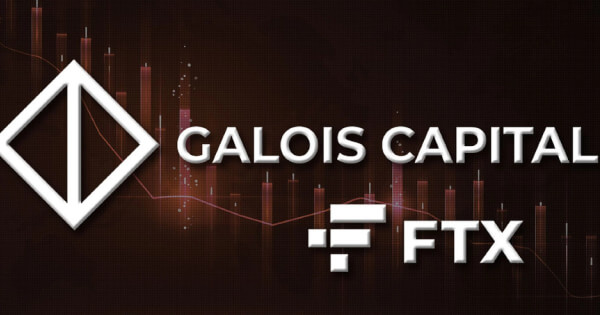FTX Control Failures
Luisa Crawford Apr 11, 2023 08:00
FTX CEO John Ray III revealed that control failures at FTX were due to a lack of appropriate financial and accounting controls, inadequate group management structure, and the use of software not suitable for large companies. The multi-billion dollar company was managed by inexperienced founders who relied on a hodgepodge of online shared documents and communications.

FTX, a multi-billion dollar cryptocurrency company, has faced control failures due to inadequate financial and accounting controls, an inadequate group management structure, and the use of software not suitable for large companies, according to CEO John Ray III. In a court filing in April 2021, Ray gave a detailed account of the deficiencies that his restructuring team had identified at FTX.
Ray noted that FTX relied on a hodgepodge of Google documents, Slack communications, shared drives, and Excel spreadsheets to manage its assets and liabilities. The company used QuickBooks for its bookkeeping, which Ray said was designed for small and mid-sized businesses and not for a company that operates across multiple continents and platforms like FTX. As a result, around 80,000 transactions were left as unprocessed accounting entries in "catch-all QuickBooks accounts titled 'Ask My Accountant.'"
According to Ray, FTX was run by three inexperienced people "not long out of college" who controlled almost every significant aspect of the company. Co-founders Sam Bankman-Fried and Gary Wang, along with former engineering director Nishad Sing, had the "final voice in all significant decisions" despite their limited experience. An unnamed FTX executive noted that "if Nishad got hit by a bus, the whole company would be done. Same issue with Gary."
It was also reported that FTX failed to file its financials on time at the end of financial reporting periods and did not carry out back-end checks to identify and correct material errors. Additionally, the company couldn't provide a complete list of its employees at the time of bankruptcy filing in November.
Brett Harrison, the president of FTX.US, raised concerns regarding "the lack of appropriate delegation of authority, formal management structure, and key hires at FTX.US." However, when Harrison voiced his concerns to Bankman-Fried and Singh, his bonus was significantly reduced, and he was instructed to apologize to Bankman-Fried by the firm's internal counsel. Harrison refused and resigned following the disagreement.
Ray stated that when he took control of FTX in November, there was "not a single list of anything" related to bank accounts, income, insurance, or personnel, which caused a "massive scramble for information." He also pushed back against the motion to assign an independent examiner to the bankruptcy case out of fears that "inadvertent errors" could result in "hundreds of millions of dollars of value being destroyed."
In conclusion, FTX's control failures were due to a lack of appropriate financial and accounting controls, an inadequate group management structure, and the use of software not suitable for large companies. Inexperienced founders controlled the company, and it relied on a hodgepodge of online shared documents and communications.
Image source: Shutterstock.jpg)